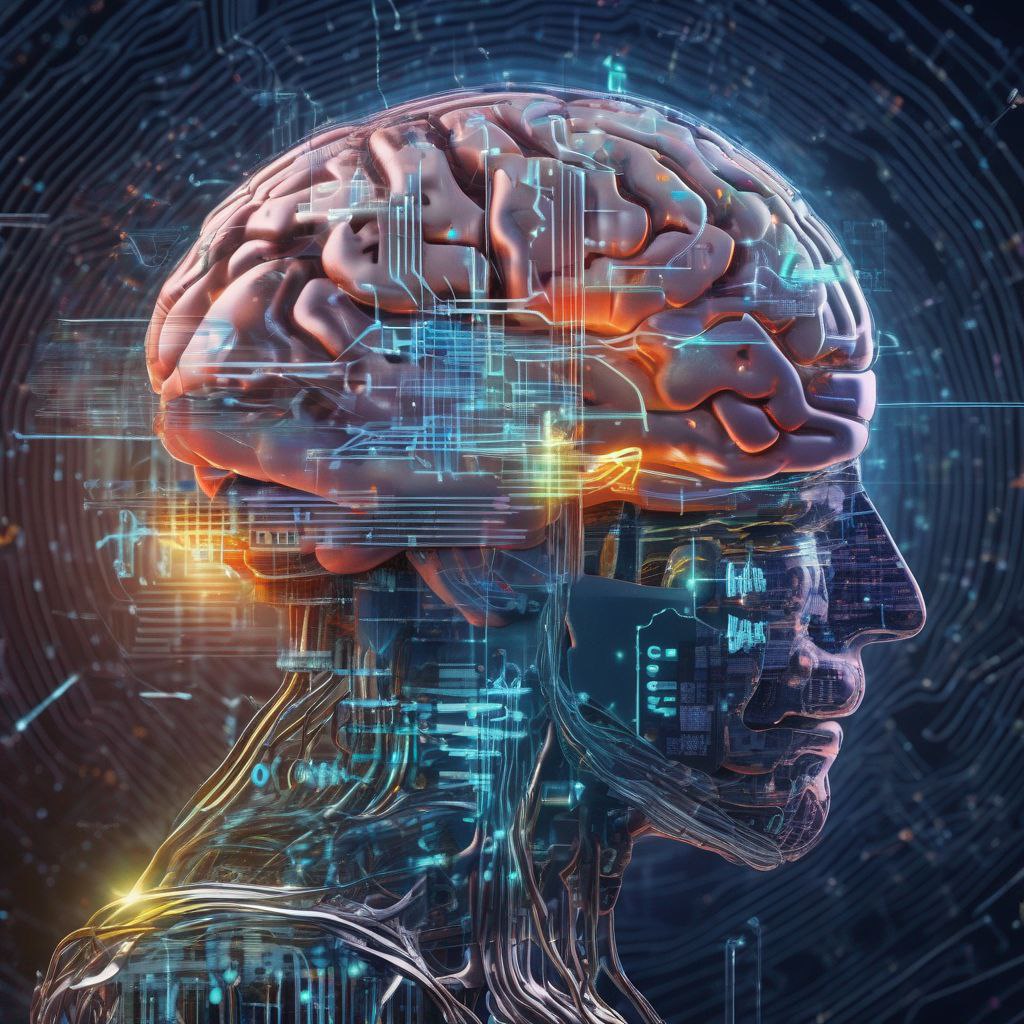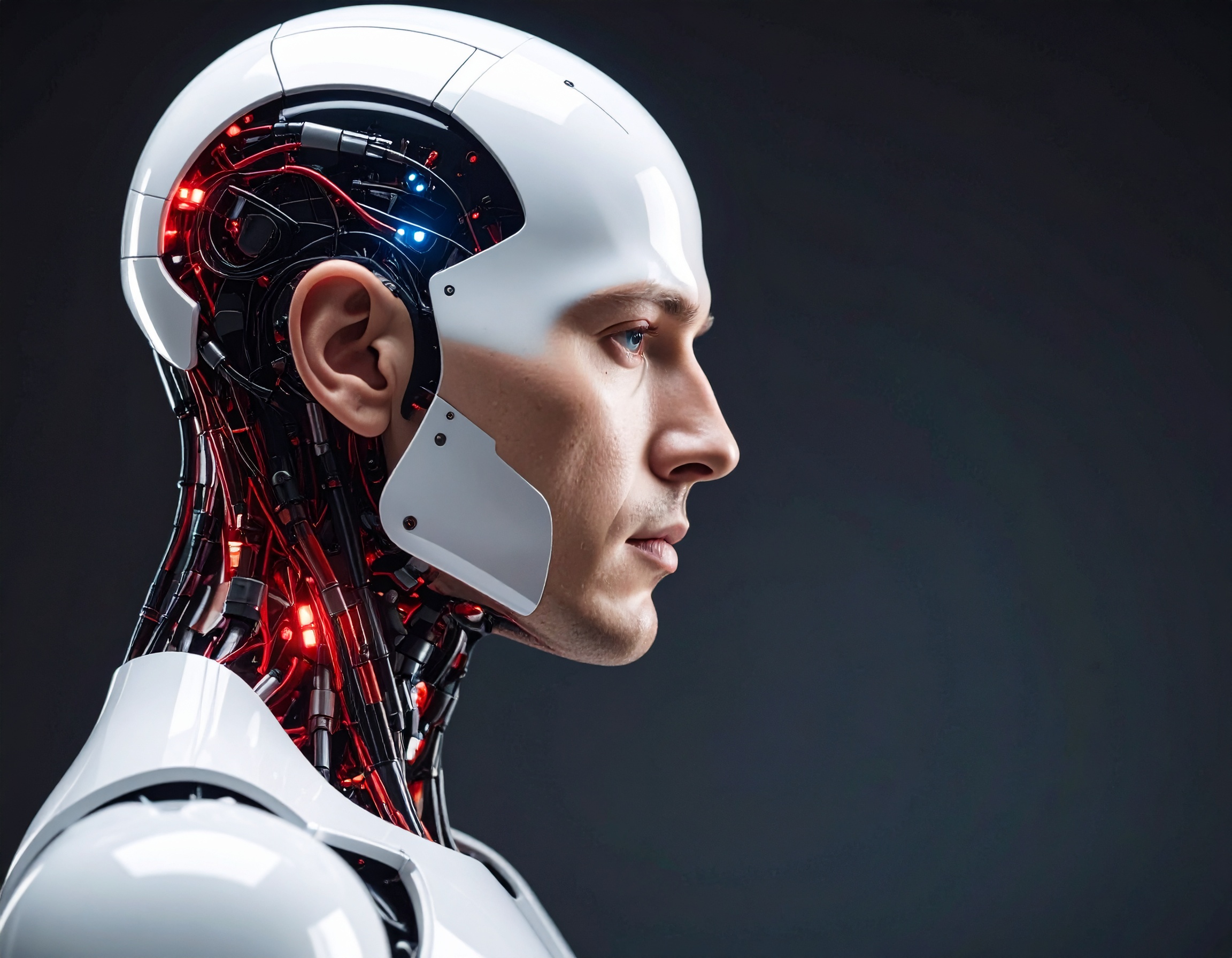Digital Employees: How AI Can Translate Brain Waves into Words

In a groundbreaking development in August 2023, researchers from Radboud University and the University of California successfully demonstrated the incredible potential of merging human minds with artificial intelligence. Using brain implants and sophisticated AI algorithms, they achieved a staggering accuracy rate of 92% to 100% in translating brain waves into intelligible speech. This remarkable feat opens up a world of possibilities, especially for non-human workers and intelligent agents.
This breakthrough hinges on the integration of brain-computer interfaces (BCIs) with AI systems. Participants in the study had small neural implants implanted, allowing researchers to decode their neural activity while they spoke silently in their minds. The AI then processed these neural signals and converted them into spoken words. For instance, a participant could think about saying "hello," and the AI would articulate it audibly.
The significance of this achievement cannot be overstated. It holds the potential to revolutionize communication for individuals with speech disabilities, enabling them to express themselves with unparalleled ease. Moreover, it paves the way for digital employees and intelligent agents that can understand and respond to human thoughts and needs, ushering in a new era of seamless human-AI collaboration in various industries.
This exciting development also raises questions about ethical considerations and privacy, as BCIs could be used in ways beyond assisting those with disabilities. Nonetheless, the successful translation of brain waves into words is a remarkable leap forward in human-AI interaction, offering new possibilities for improved communication, accessibility, and collaboration.
Key Highlights:
- Researchers achieved 92% to 100% accuracy in translating brain waves into speech.
- Brain-computer interfaces (BCIs) and AI algorithms were used to decode neural activity.
- This breakthrough benefits individuals with speech disabilities and paves the way for digital employees and intelligent agents.
- Ethical and privacy concerns surrounding BCIs and AI integration require further exploration.


